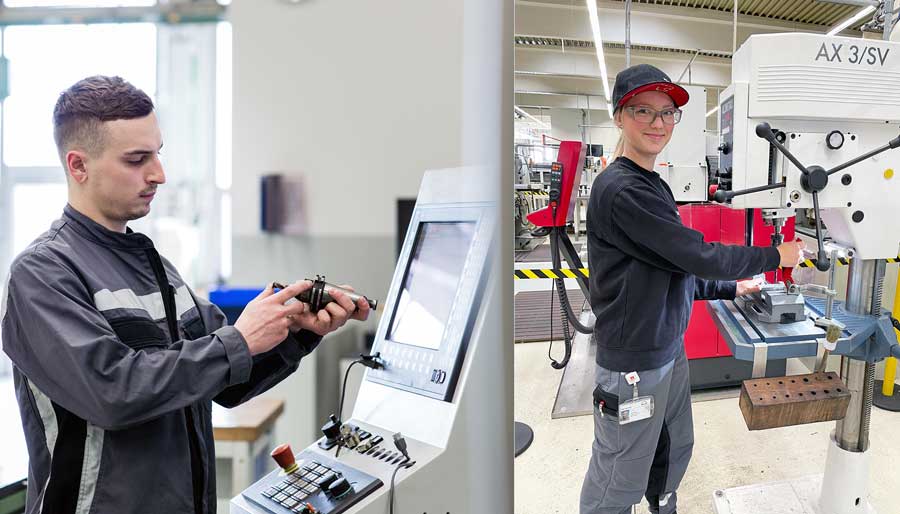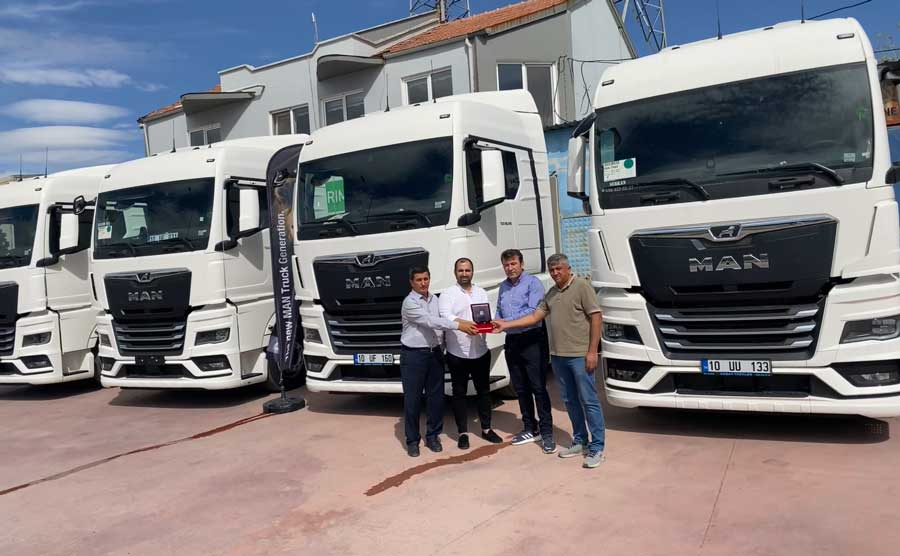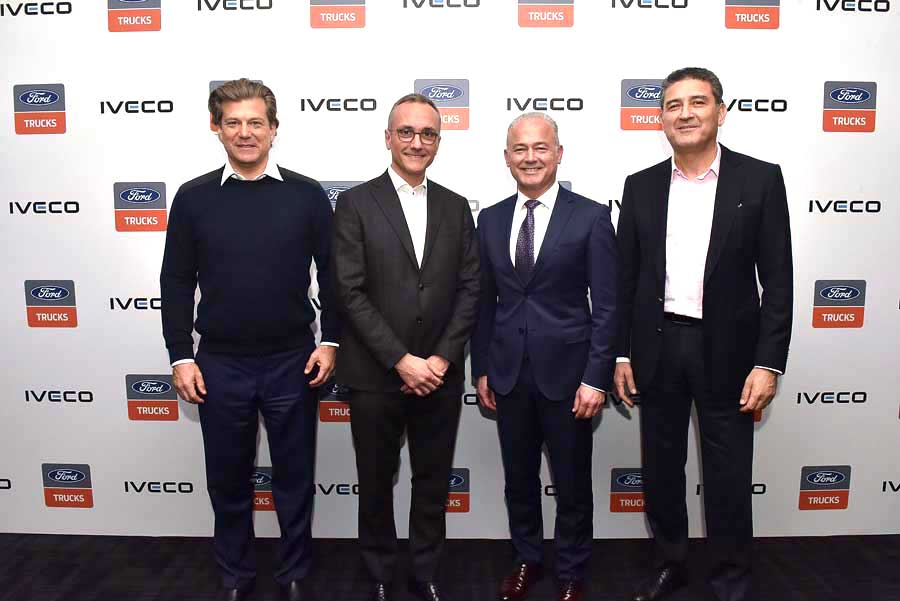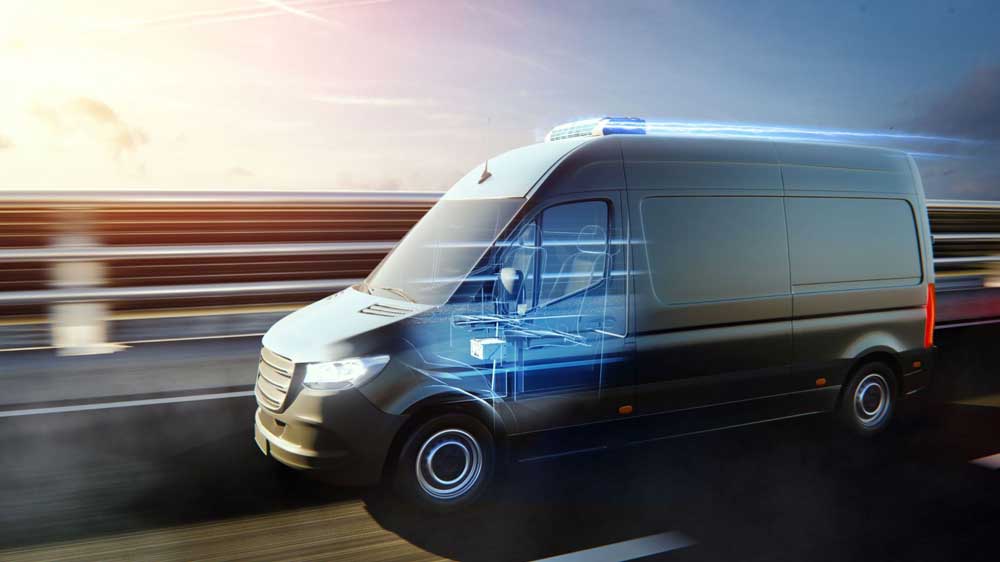The commercial vehicle manufacturer trains in numerous promising professions at its German sites and defies the shortage of skilled workers.
At the commercial vehicle manufacturer MAN Truck & Bus, 528 new apprentices are starting the new training year in twelve occupations at the three large German production sites in Munich, Nuremberg and Salzgitter as well as in the German service workshops. In addition, there are 30 dual students who are aiming for a university degree parallel to their training at MAN.
Across all year groups, 1 337 young men and women are undergoing training or dual studies at MAN. In this way, the company is making a significant contribution to securing skilled workers and at the same time is committed to its German locations.
Many of the apprenticeships are clearly marked by the transformation of the commercial vehicle industry and the megatrends of electrification, digitalisation and automation. For example, many young colleagues are learning the profession of “electronics technician for automation technology“, which plays a key role in the further development of production areas towards “Industry 4.0“, are striving for a degree as “management assistant for digitalisation management” or are becoming “specialist information technician for digital networking / production processes“. The occupational profile of the automotive mechatronics technician has changed particularly dramatically in recent years: The new automotive mechatronics technicians at MAN are not only specialists for networked vehicle systems, but also for high-voltage battery technology.
“MAN needs highly qualified employees for its transformation into a provider of intelligent and sustainable transport solutions,” explains Arne Puls, Chief Human Resources Officer and Labour Director at MAN Truck & Bus SE. “We are therefore preparing our existing workforce for the tasks of the future with comprehensive retraining and further training – particularly in the area of electromobility – and establishing a modern learning culture that relies on permanent qualification as part of everyday life. And, of course, we train committed young colleagues for the work of tomorrow ourselves. In times of a frequently described shortage of skilled workers, we are proud that MAN continues to be an attractive address for young people who lay the foundation for their personal professional lives with us.”
The training figures in Germany in detail:
- • Munich location: 64 apprentices and 24 dual students start their training in September; across all years there are 205 apprentices and 46 dual students.
- • Nuremberg location: 35 apprentices and 4 dual students start their training in September; across all years, there are 118 apprentices and 4 dual students.
- • Salzgitter location: 28 trainees and 2 dual students start their train-ing in September; across all years, there are 93 trainees and 9 dual students.
- • Service workshops of MAN Truck & Bus Deutschland GmbH: 401 trainees start their training in September, across all years there are 861 trainees and 1 dual student
The professions also show the role that the individual sites will play in MAN‘s future production network. The Munich site will be the lead plant for electromobility. Series production of heavy electric trucks will start here as early as 2024, by which time there will be mixed production of conventionally and electrically powered vehicles in Munich.
The Nuremberg site is and will remain the site for drive systems: from 2024, employees will manufacture the TRATON GROUP‘s new 13-litre diesel engine (common base engine) here, which will be the last combustion engine in the group to be shared across all brands. With a view to e-mobility, battery production is being set up at the same time; from the beginning of 2025, the high-voltage batteries for MAN‘s e-trucks and e-buses will be manufactured in large-scale production in Nuremberg. Research into hydrogen-based drive systems is also taking place at the “Campus Future Drive-line” on the Nuremberg site.
Salzgitter is central to the supply of parts, on the one hand through its own axle production at the site, but especially as a global hub for the supply of spare parts.
The service workshops are the place where current and future technologies prove themselves in daily direct customer contact.










